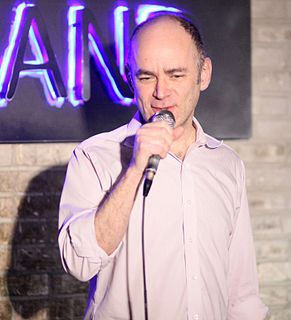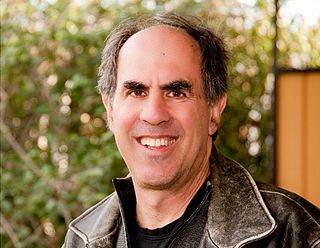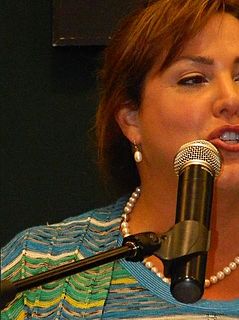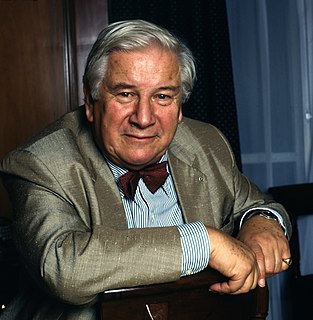A Quote by Martha Stewart
Bloggers create kind of a popularity. But they are not the experts, and we have to understand that.
Quote Topics
Related Quotes
Who are these bloggers? They're not trained editors at Vogue magazine. There are bloggers writing recipes that aren't tested that aren't necessarily very good, or are copies of what really good editors have created and done. Bloggers create a kind of a popularity but they are not the experts. We have to understand that.
There are certain basic principles regarding the proper role of government. If principles are correct, then they can be applied to any specific proposal with confidence... The true statesman values principle above popularity, and works to create popularity for those political principles which are wise and just.
The ...experts of the FDA have declared Laetrile to be worthless...quackery and fraud...These experts are the professional descendants of experts...confident that mental illness should be cured by drilling holes in the skull, the better to let the demons out. ...This is the Orwellian fashion in which the medical establishment throws its weight around.
Only a few bloggers have the audience and credibility to effectively break stories, pressure the traditional media, incubate new ideas, or raise real money. These influential bloggers are usually sharp, opinionated, and focused on the world 'offline.' They refuse to view events through the solipsistic blinders of their own websites.
Most people consider themselves above the gritty and relentless details of life that allow the creation of great wealth. They leave it to the experts. But in general you join the one percent of the one percent not by leaving it to the experts but by creating new expertise, not by knowing what the experts know but by learning what they think is beneath them.
































